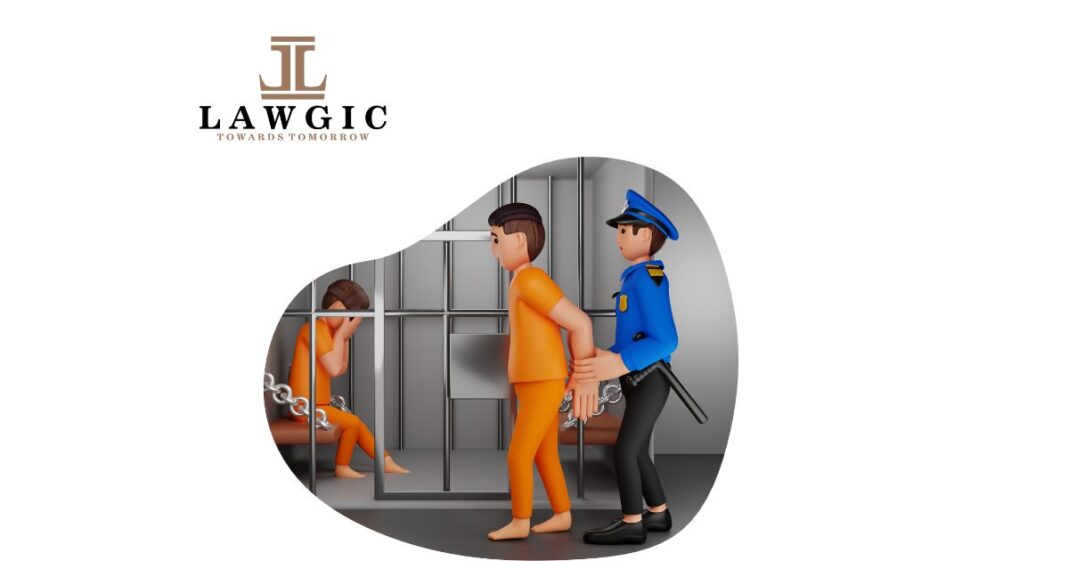Case Title: Javed Shaukat Ali Qureshi vs State of Gujarat
A division bench of Justice Abhay S Oka and Justice Sanjay Karol of Supreme Court while acquitting three persons, held that the courts cannot discriminate between the accused when there is similar evidence against them.
“When there is similar or identical evidence of eyewitnesses against two accused by ascribing them the same or similar role, the Court cannot convict one accused and acquit the other. In such a case, the cases of both the accused will be governed by the principle of parity. This principle means that the Criminal Court should decide like cases alike, and in such cases, the Court cannot make a distinction between the two accused, which will amount to discrimination”.
The appeal was filed by one of the convicted person challenging the order of Gujarat high court for upholding their conviction and acquitting the others in the same case.
The accused were convicted in connection with dacoity, murder and being a part of unlawful assembly.
The bench noted that some of the accused in the same case had been convicted still, and others were acquitted, despite of the eyewitness evidence which is same against all the accused.
It is pointed that the accused (appellant) was only identified by one witness who has alleged that someone pulled her gold chain and the test identification parade was also not conducted to identify the accused.
While allowing the appeal filed by the accused, the top court opined that conviction cannot be sustained based on solitary eyewitness which is not proven beyond a reasonable doubt.


